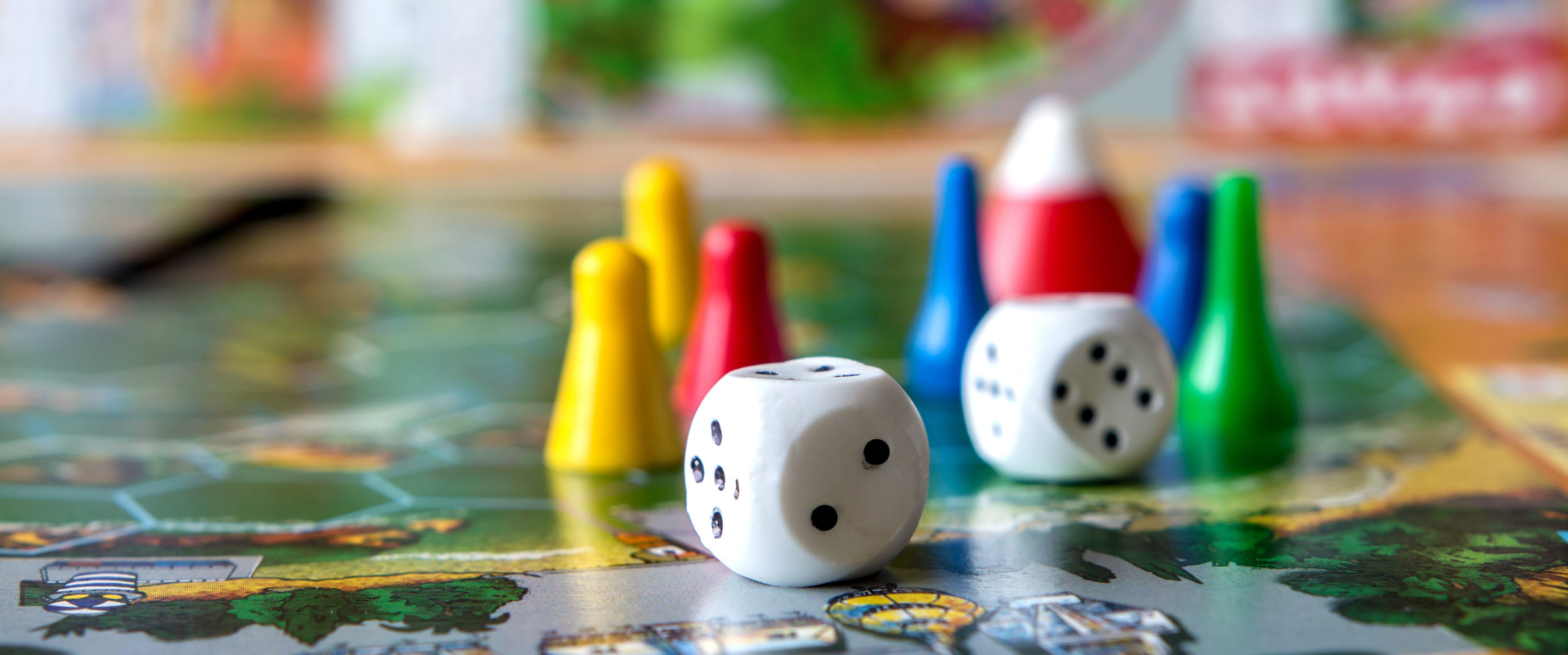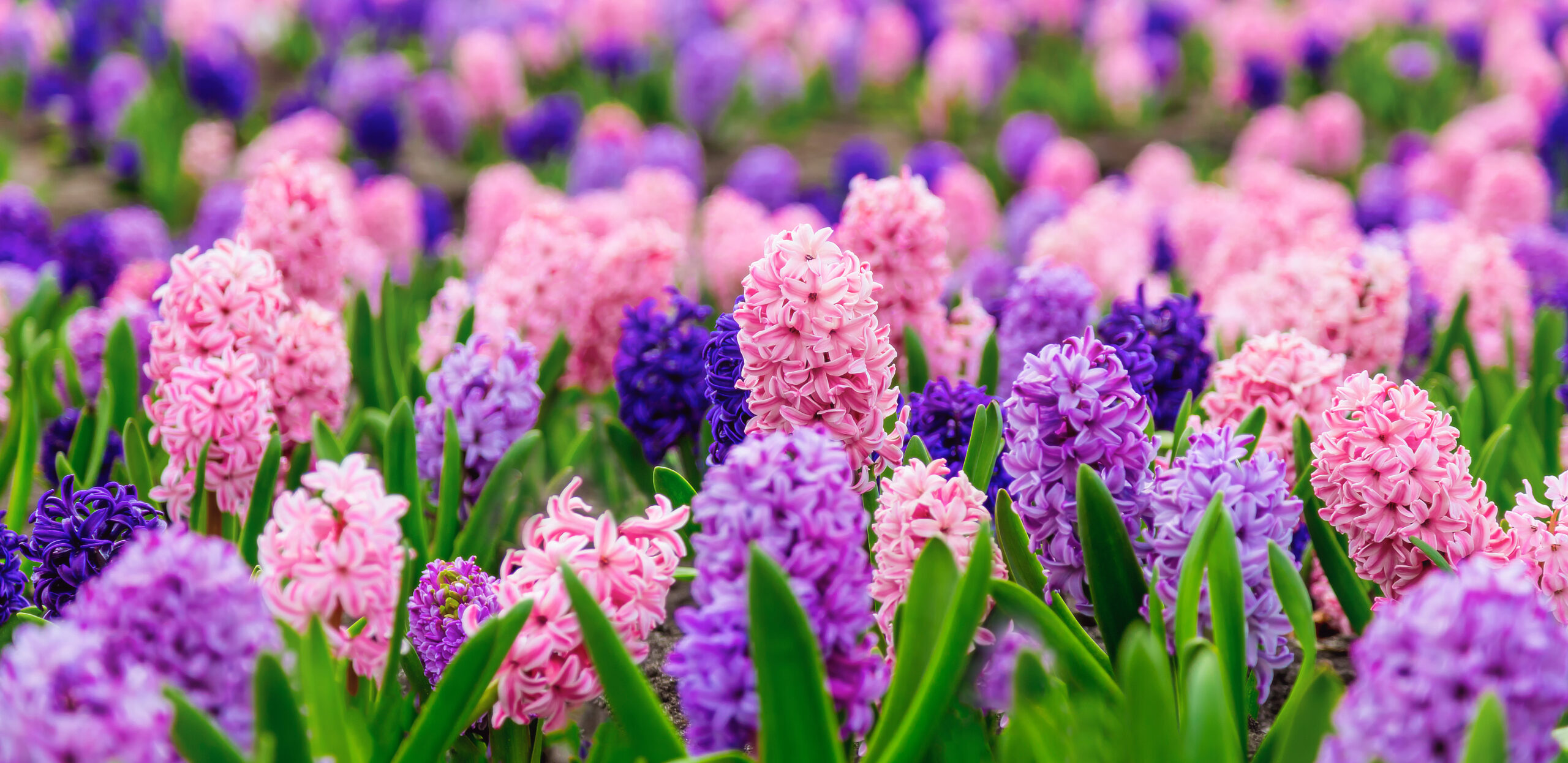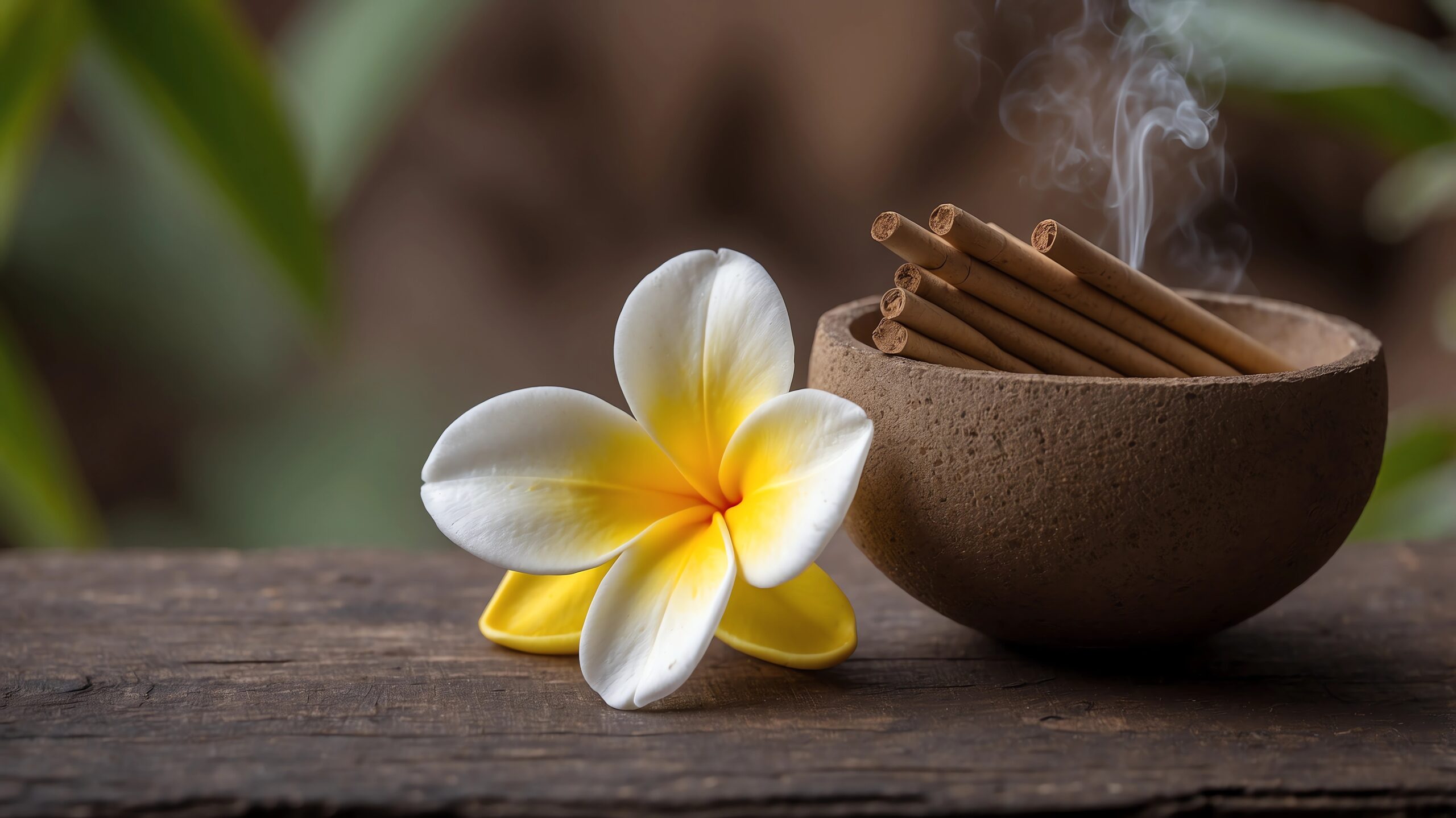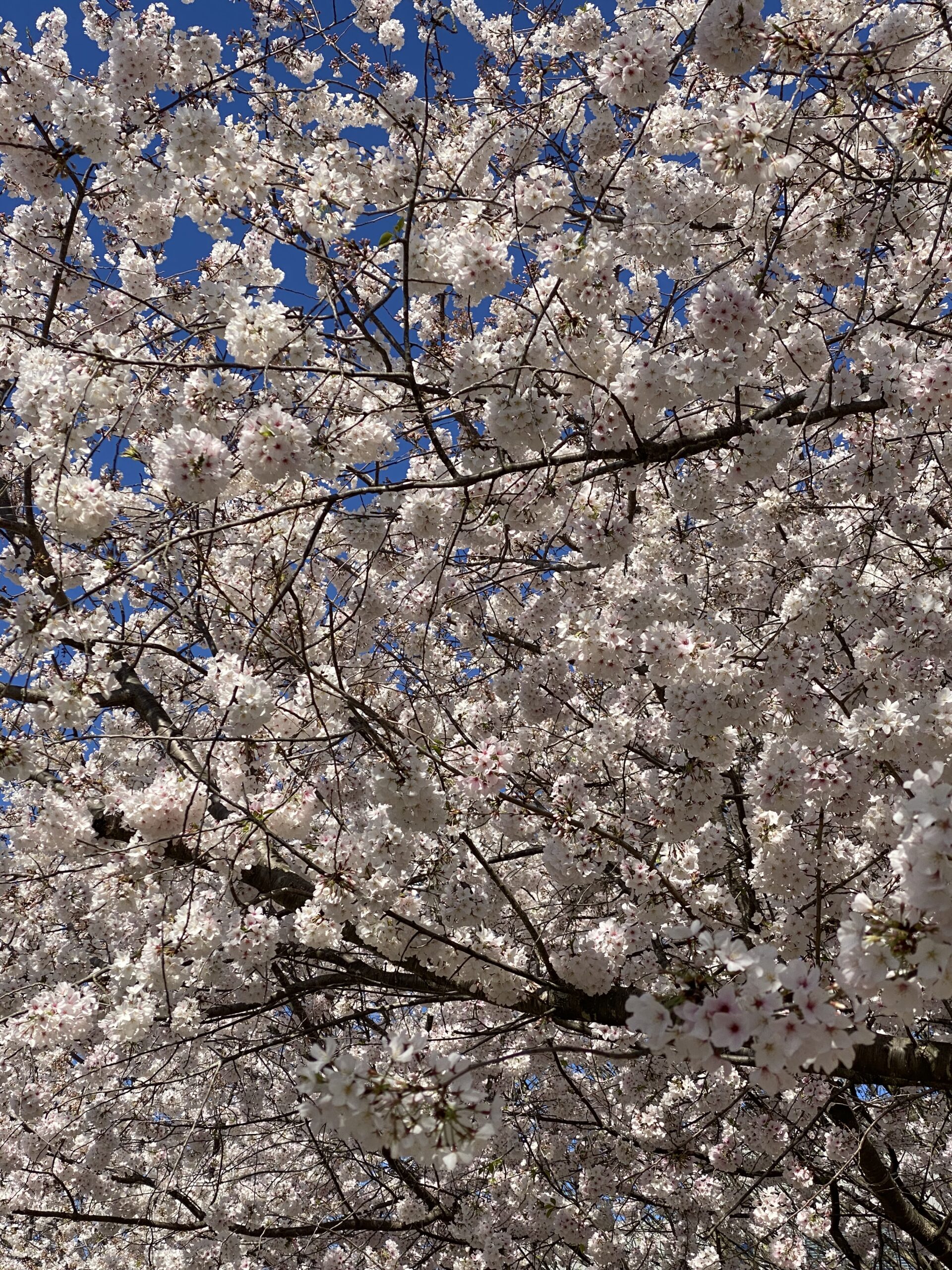Katie Steedly’s first-person piece [The Unspeakable Gift] is a riveting retelling of her participation in a National Institutes of Health study that aided her quest to come to grips with her life of living with a rare genetic disorder. Her writing is superb.
In recognition of receiving the Dateline Award for the Washingtonian Magazine essay, The Unspeakable Gift.
Enter your email here to receive Weekly Wide-Awake
Gratitude Games

I have been studying gratitude a long time. I have talked with an Air Force Colonel, a Cirque Du Soleil performer, a Pulitzer Prize-winning journalist, a New York Times bestselling author, professors, yogis, community activists, labor organizers, thought leaders, influencers, small business owners, a Bahamian conch shack entrepreneur, and others. I have learned a lot from these conversations. They spoke of journaling, surrounding themselves with things that center, like heart-shaped rocks, and meditating. When I asked them about their focus on gratitude, they talked about becoming more grateful through reflection, communication, and presence. They spoke of how they practice gratitude with their families.
Here are three gratitude games.
Challenge, Success, Beauty
Rachel Roberts spoke of a ritual she practices with her husband in the evenings around dinnertime. They ask these questions: “What was your biggest challenge today?” “What was your greatest success today?” and “What did you see today that was beautiful?” She shared that talking through these questions provides a chance to understand each other more deeply, learn about each other’s worlds, and notice the fullness of their experiences (the challenges, the successes, and the beauty).
Good, Bad, Sad, Good
Col. Liesl Carter talked about a dinner table gratitude game she plays with her husband and children. They go around the table and say something good that happened that day. Once they have gone around the table with the good, they go around the table with the bad or sad. The game ends with following up with good and again. Carter explained that when you report out at the end of the day, you start looking for and recognizing small things throughout the day.
High Low Hero
Dr. Ferial Pearson discussed a gratitude game she plays with her family, High Low Hero. In High Low Hero, you think of your high for the day, your low for the day, and who your hero was. They follow up the game by telling their heroes that they are their heroes. Gratitude happens, for Pearson, in the practice of paying attention to highs and lows and noticing the heroes in our lives.
Why Play Gratitude Games
Gratitude is an active practice: something we do, a choice we make, a way we live. Expressing gratitude is viewed as centering, perspective-shifting, and joyful. Gratitude games are part of daily routines. Rituals develop around gratitude games. Connections deepen around gratitude games. Habits build during gratitude games. The time it takes to play gratitude games is precious. The games are paths to living more gratefully. They help us develop our gratitude muscles. They ask us to stop and pay attention to our lives and each other. They may even take us from sad to happy, fear to courage, despair to hope.
About Katie

From Louisville. Live in Atlanta. Curious by nature. Researcher by education. Writer by practice. Grateful heart by desire.
Buy the Book!
The Stage Is On Fire, a memoir about hope and change, reasons for voyaging, and dreams burning down can be purchased on Amazon.




